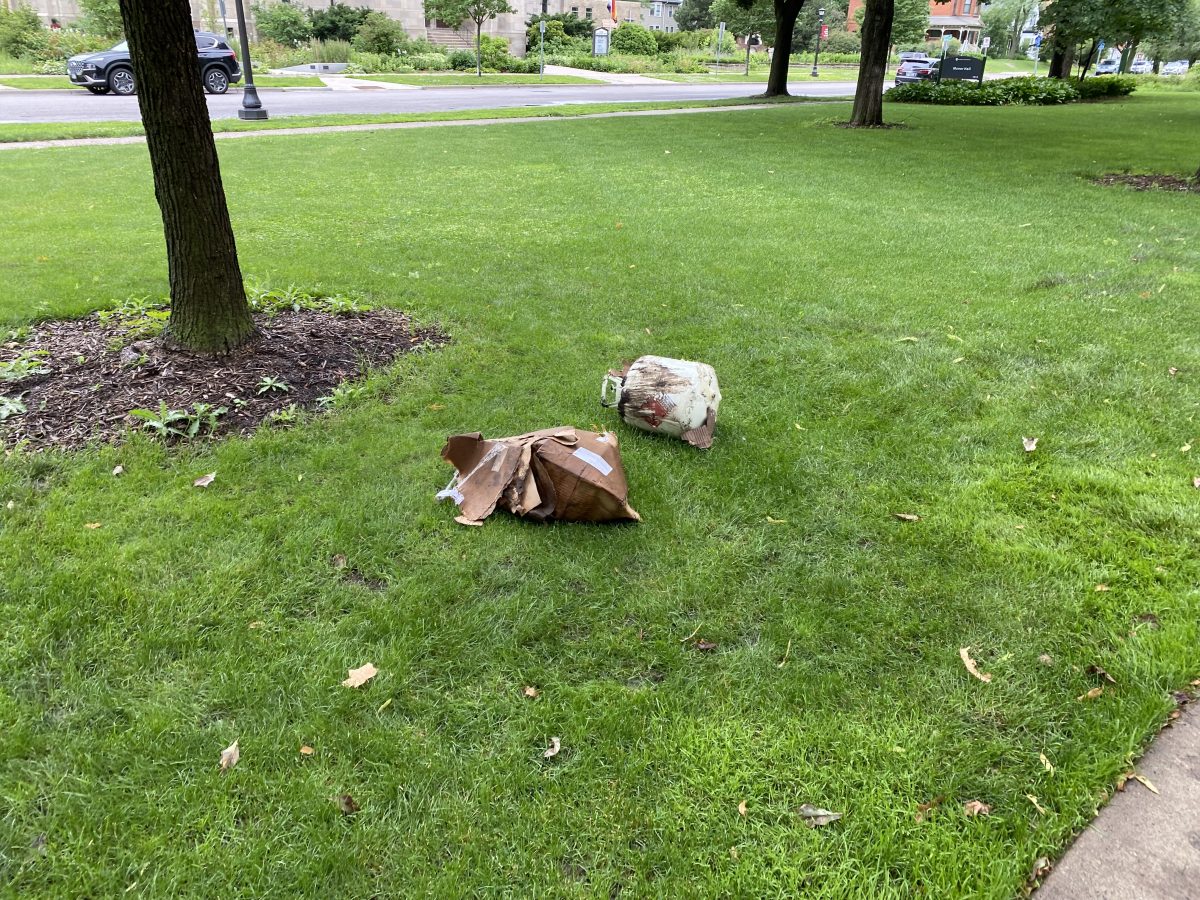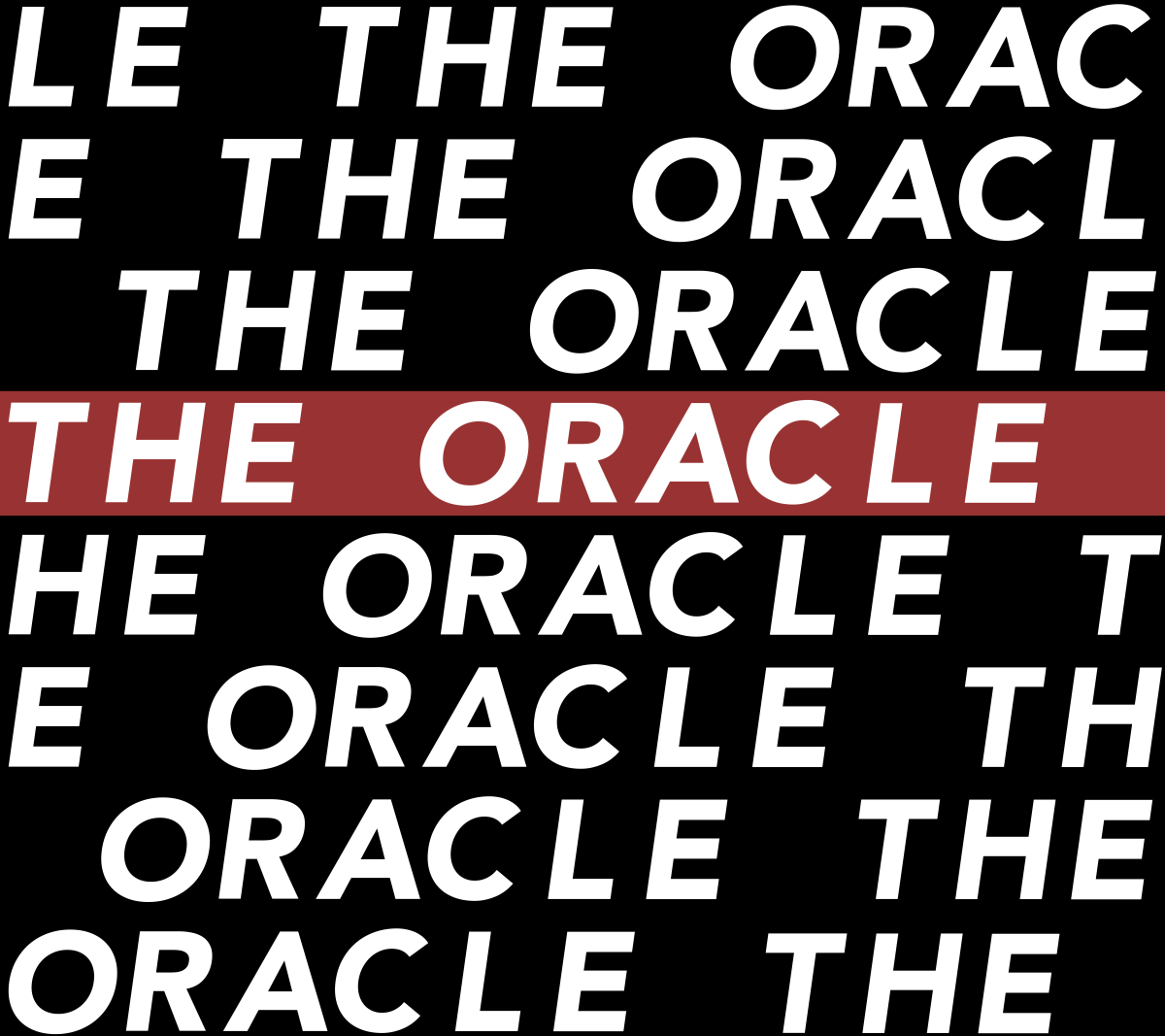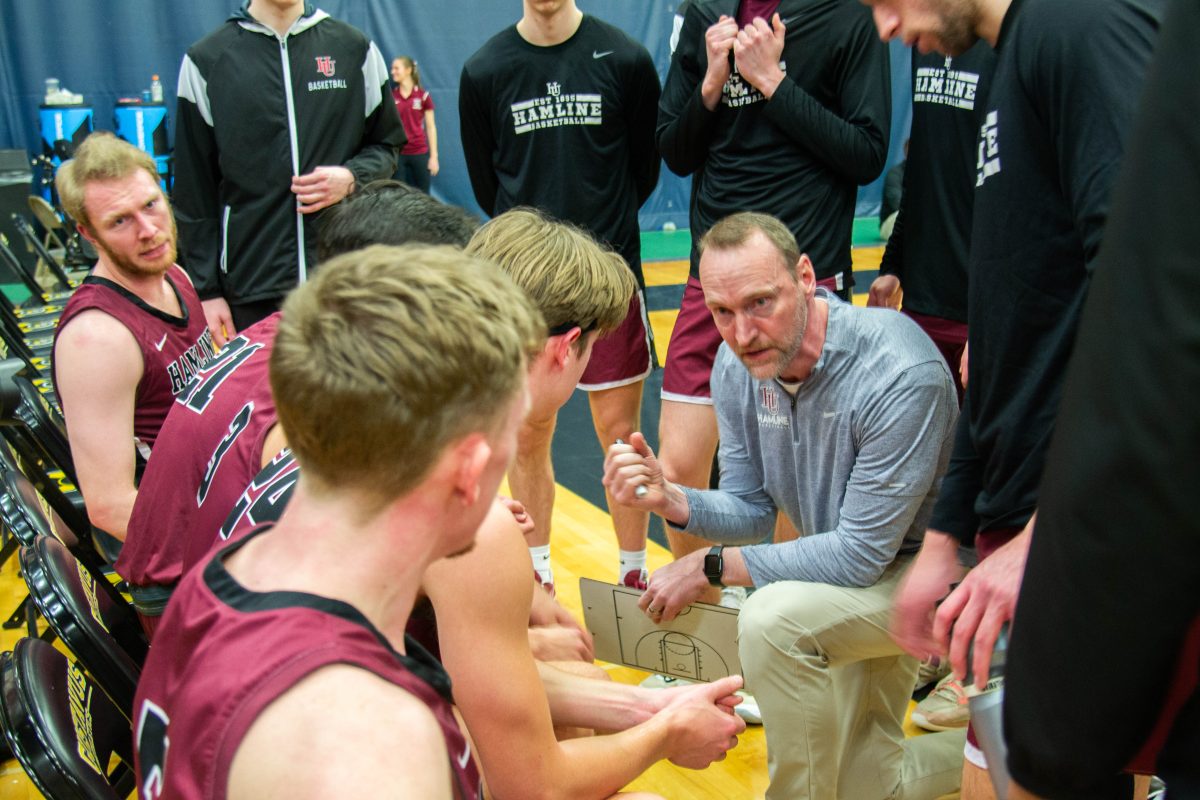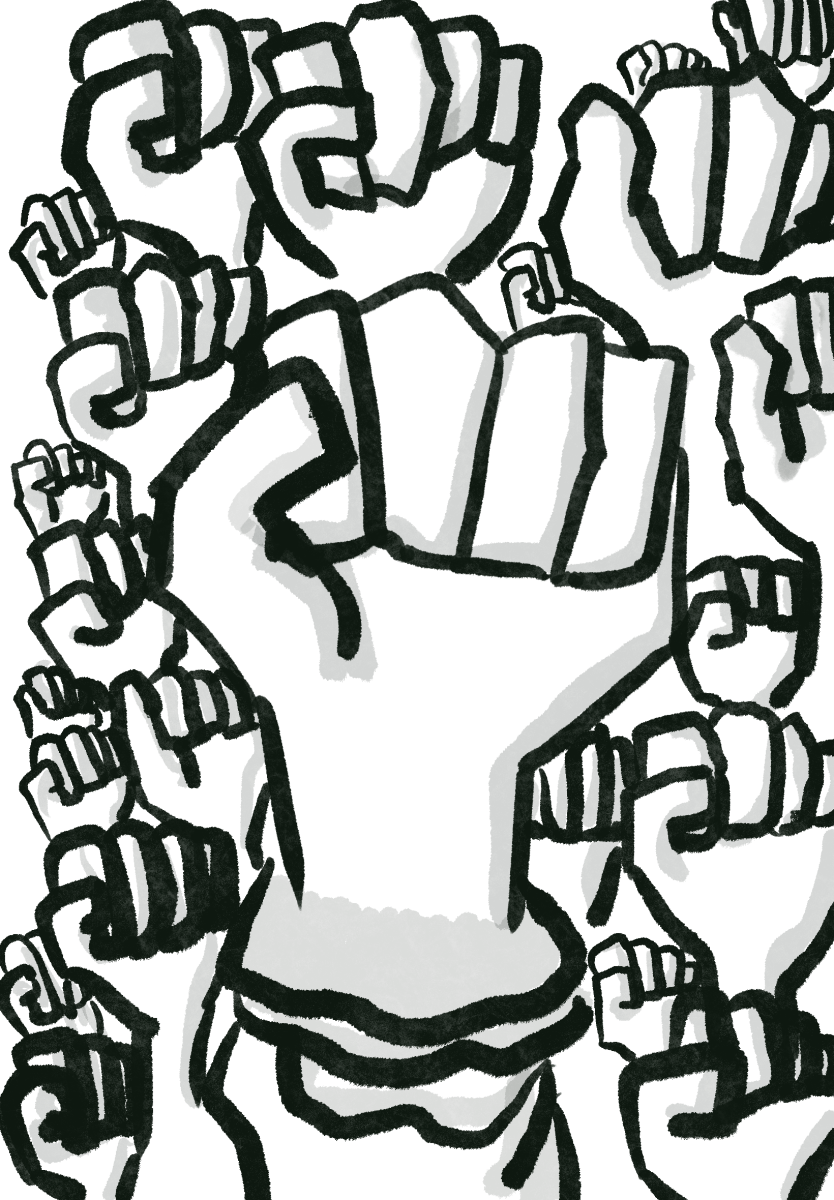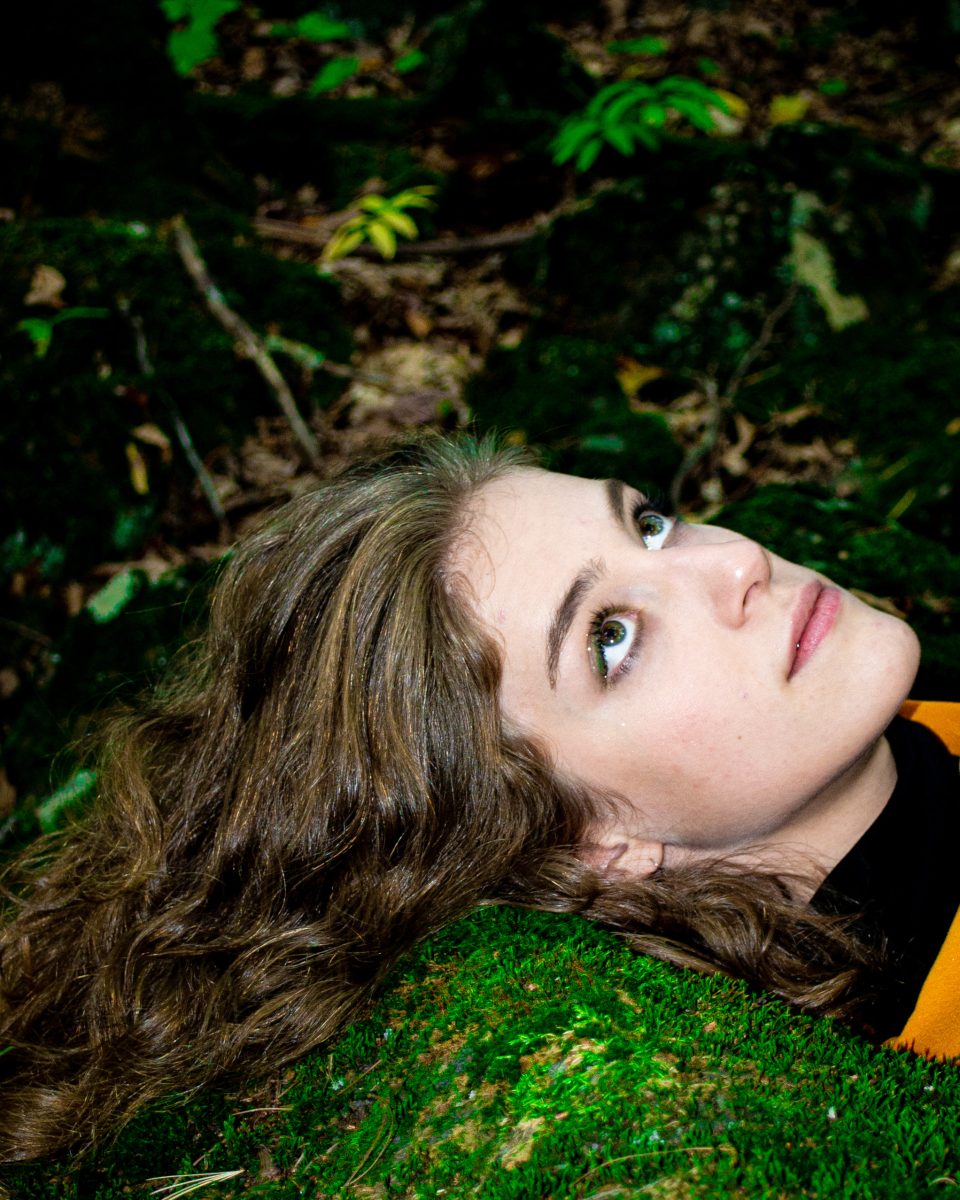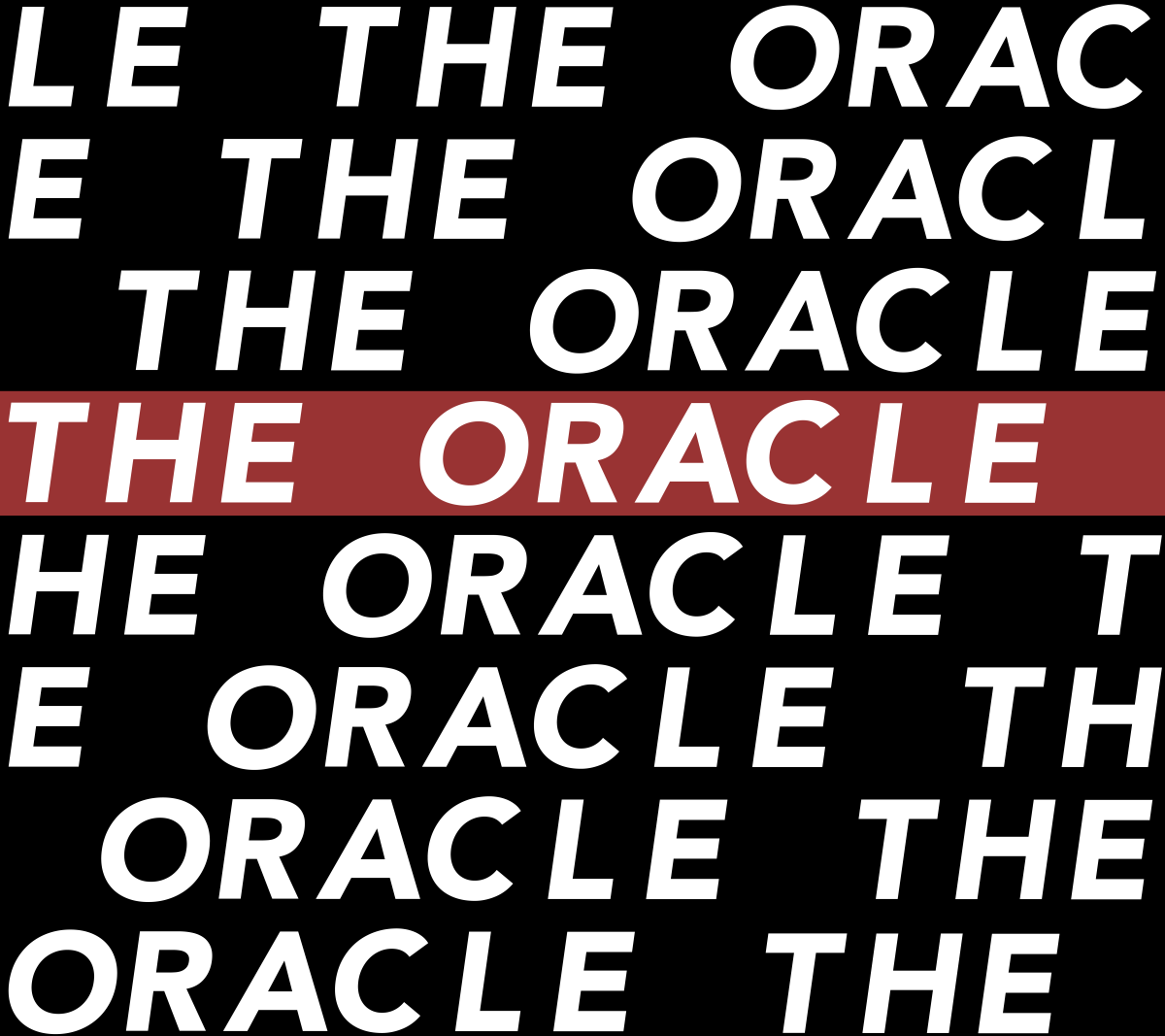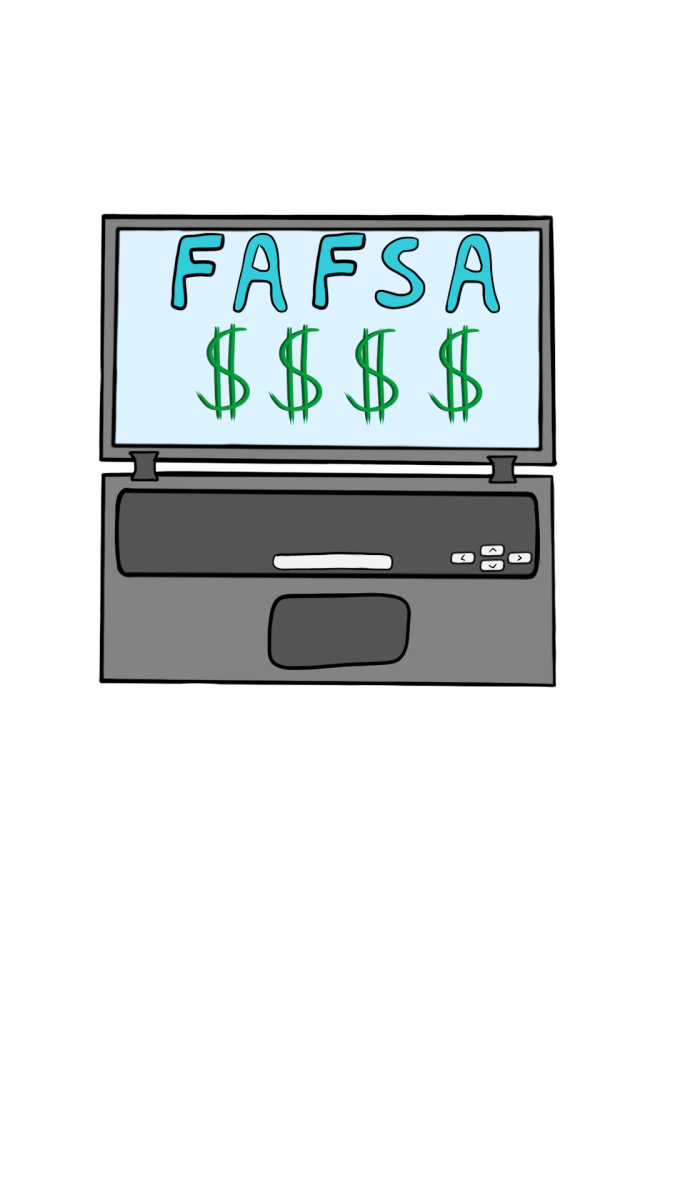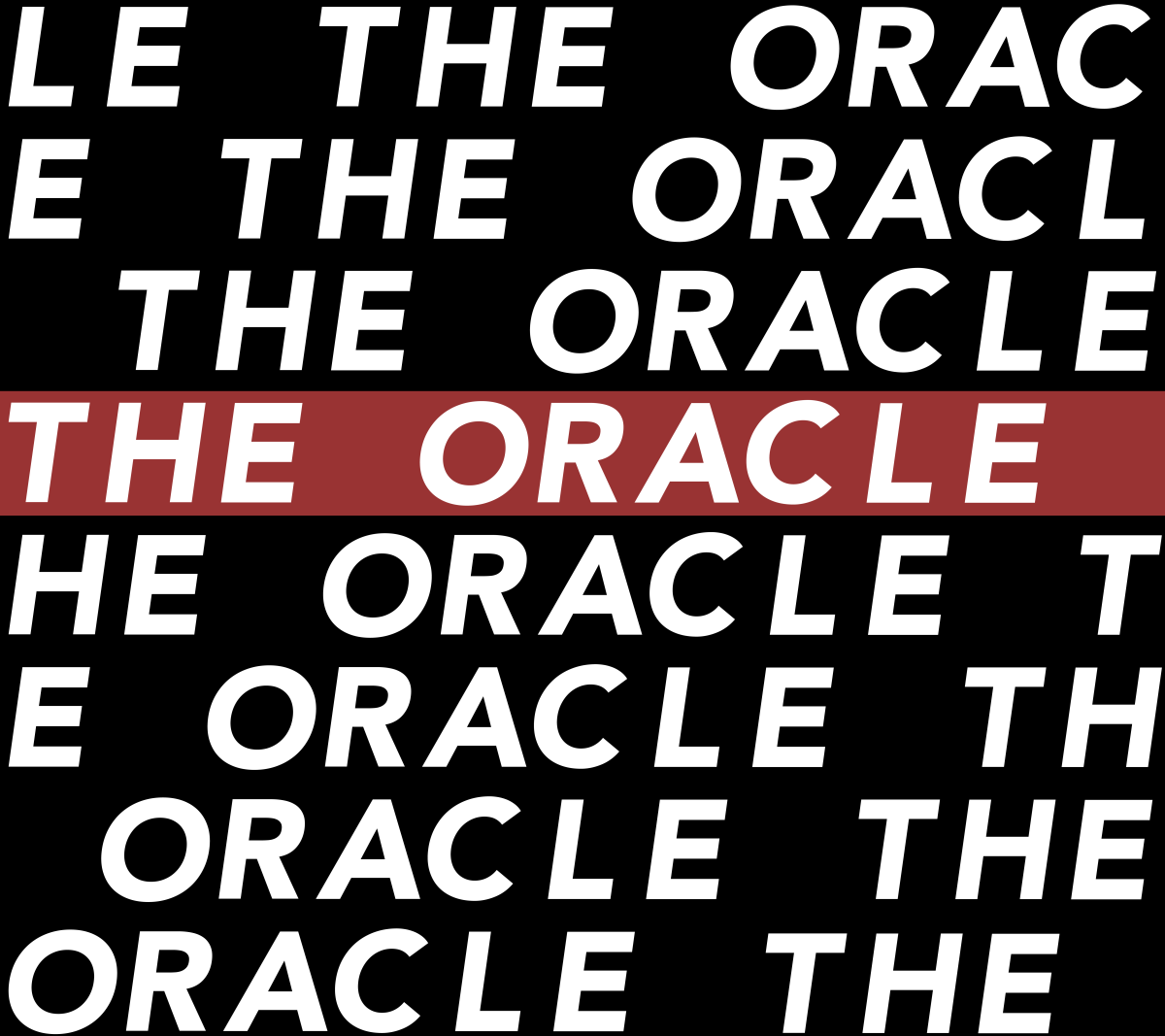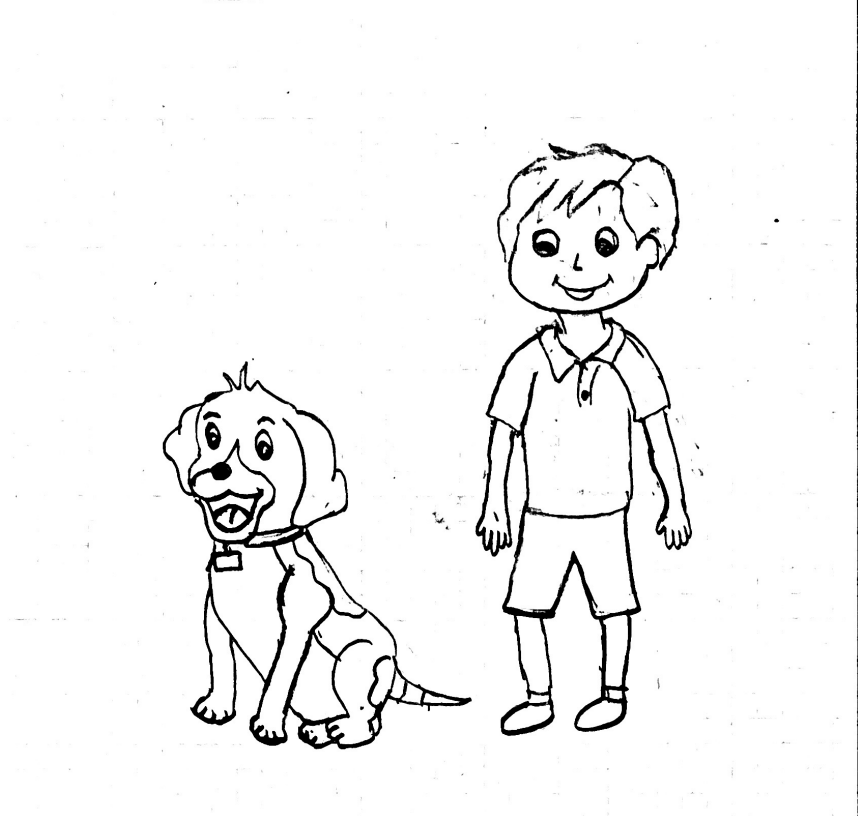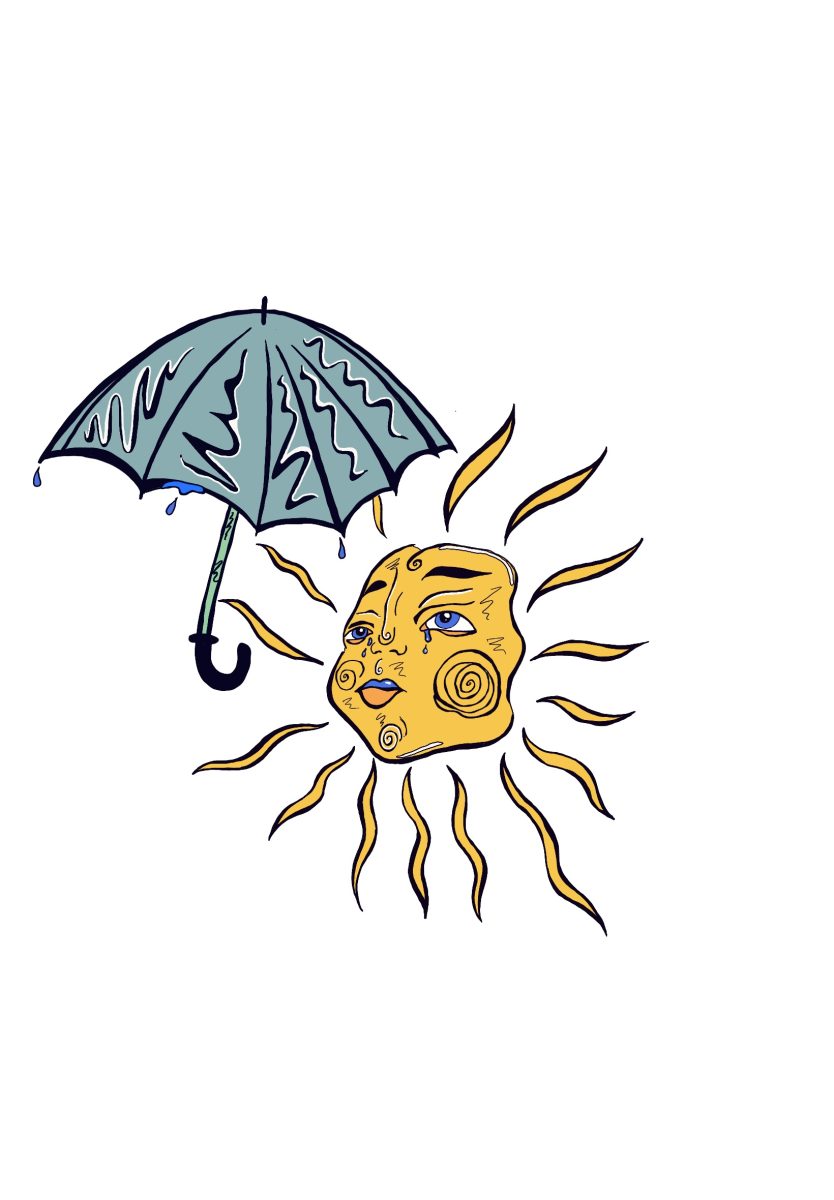The first representation I had was in a CBS sitcom that aired in 2007. I remember so vividly watching the pilot episode of “The Big Bang Theory” and being ecstatic that the female lead was a fellow Nebraskan, not to mention that we both share the same beloved hometown.
Even though neither Penny nor I share any other common traits, this one little factoid meant the absolute world to me. It is one of the many reasons I hold this controversial show close to my heart. However, it is not the only reason.
One of the earliest memories I have of my father and I bonding is binge-watching the first handful of seasons together over the span of one summer. That following year, many of my gifts were related to various inside jokes from the sitcom, such as a cubic pillow with the iconic game, “Rock, Paper, Scissors, Lizard, Spock” and a trivia game full of extensive “The Big Bang Theory” knowledge.
Yet, this show seemed to dip off the face of the Earth for a handful of years after its series finale. Suddenly, the rise in Young Sheldon, a childhood spin-off of the main character Sheldon, has brought this iconic show back to the limelight. It was not until one of my roommates binge-watched the series that I thought about rewatching this show which was such a prominent part of my adolescent years.
Now one can find me in my apartment, sitting in my spot on the couch and crocheting while I binge-watch “The Big Bang Theory” for hours on end. In just a few days, I got through two and a half seasons, and surely by the time this is published, I will be another two seasons in.
Over the last few years, the amount of “The Big Bang Theory” criticism has hit an all-time high. Although this criticism is well-deserved, as the writing does display a variety of problematic ideals and stereotypes, we need to address the fact that “The Big Bang Theory” is a satire. There are plenty of shows from the early 2000s and 2010s that address these stereotypes in similar ways, examples being the iconic jukebox musical “Glee” and the “Family Guy” spin-off “The Cleveland Show.”
The representation in all of these shows is poor, even though the casts are fairly diverse, but that is the whole point of the show. To poke fun at these stereotypes and create a place where people can find humor in the stereotypes that plague society. Especially the folks whose identities align with those in the show. As someone who is both neurodivergent and an absolute geek, I find comfort in these characters who struggle with social cues, accidentally man-splain about their interests, and get overly excited about the newest comic book drop.
However, the moral is that these style sitcoms are not meant to be taken seriously. Nothing comes out of critiquing this show from a serious lens, as it is not a show that is meant to be taken seriously. Instead, analyze this show from the mindset that this is a satirical show rooted in a way to address prominent gender and cultural stereotypes while both entertaining and amusing their target audience.
Of course, people may not like the show, and frankly, if that was not the case I would be pretty concerned. Some jokes do not hit, scenes that make me shrivel with secondhand embarrassment and overall plotlines and unentertaining subplots. I accept and understand the critiques, however, they should come from a place of criticizing the comedy in a satirical sense, rather than from this lens of what one personally finds tasteful or untasteful.
There are jokes in the show that make me uncomfortable, yet that handful of jokes do not overpower the love and appreciation I had for this series. This was a show that predated the insane Marvel Cinematic Universe, one that brought nerds and geeks into the spotlight. We should comment about how they are not the best forms of representation, but frankly, they are not meant to be.
It shows that this group of people are much more than just lame geeks who live in their mom’s basement–although that may be the case for one of the main characters–but have successful careers and passionate love lives, despite their at the time, niche and “embarrassing” hobbies and interests. Each of these characters have some aspect of them that is relatable to the wider audience, even if at their core they are there to play a part in this satirical world.
At the end of the day, I am not a stereotype but I can find comfort in characters that are. Their absurd geekiness, their hometowns, and their love for their friends are traits I see within myself. Instead of canceling a show that has brought joy to others, let’s have discussions under the light of satirical comedy that has brought joy since the day it aired.
It all started with…
February 7, 2024
Story continues below advertisement


